Sometimes it’s memory problems or Alzheimer’s that leads seniors to neglect their diet; other times a chronic health problem like cancer or COPD interferes with their appetite. But in all too many cases, seniors are living on such tight budgets that they run out of money for food. Here are the top five signs that your aging parent or a senior you love isn’t getting enough food.
1. Your parent’s clothes stop fitting.
Of course people’s weight fluctuates, and many seniors go up and down the scale. But if clothes your parent has worn for years begin to hang loosely or if your parent has to go shopping because she’s changed sizes entirely, it’s time to look into what’s behind the weight change.
2. Your parent is always “about to go to the store.”
If you ask about an empty refrigerator and bare cupboards and hear that your parent just hasn’t managed to go shopping, that’s a danger sign, eldercare experts say. One explanation might be lack transportation or support to get to the store, which needs to be addressed. And if the real issue is that he doesn’t have enough money for food, of course that’s just as important to look into.
3. Your loved one frequently feels dizzy or faint.
One of the first ways doctors and nurses spot hunger in seniors is when they’re admitted for a fall. While you might think you’d already be aware if your loved one was going hungry enough to feel dizzy or faint, it isn’t always that simple, especially because even a small change in eating habits can worsen other health problems. In addition, some medications and health conditions also cause dizziness. And fainting is serious business in seniors, because a fall can trigger a cascade of health problems. If your loved one leans heavily on you when walking, mentions he has had to restrict activities because of dizziness, or reports falling, consider malnutrition or hunger as a potential cause.
4. Your loved one begins having dental problems or wounds that don’t heal.
Malnutrition affects the health of teeth and gums, causes poor wound healing, and can cause someone to bruise easily. Pay attention to any such signs of declining health, and talk about them or bring them to a doctor’s attention. If possible, talk to the doctor yourself and mention that you’re worried your parent may be going hungry or eating poorly. The doctor can check for other underlying conditions that could be causing the problem and, in the process, can ask about your parent’s eating habits.
5. Your loved one stops going out to eat with friends.
For many seniors, a regular breakfast or lunchtime gathering, “early bird” dinner, or an afternoon coffee klatch is one of the ways they stay social and active. If you ask your loved one about such gatherings and hear, “I haven’t been in a while,” or “I’ve stopped going,” dig a little deeper to get to the root of the problem. If health issues or lack of energy are behind the change in habits, see what you can do to address those. (Helping your loved one with transportation problems can be key.) Pay particular attention if the episodes of social isolation — including not calling you — tend to come at the end of the month. Older adults on fixed incomes often run out of money before the next Social Security or other government support check arrives. One way to assess this situation is to watch from month to month and note if there’s a pattern. Social outings are an important way to prevent isolation and depression in older adults, so do whatever you can to make sure your loved one’s meals out continue to be a weekly highlight.
___________________________
20% off all products!
Enter code JULYHOLIDAYS at checkout.
Ends Thursday
Dementia Signage for the Home
_________________________________






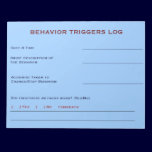











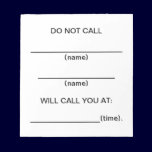
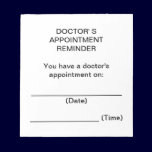





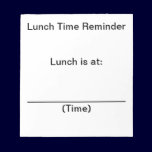
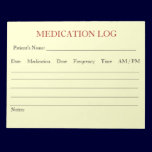
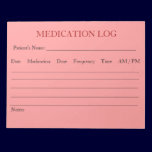
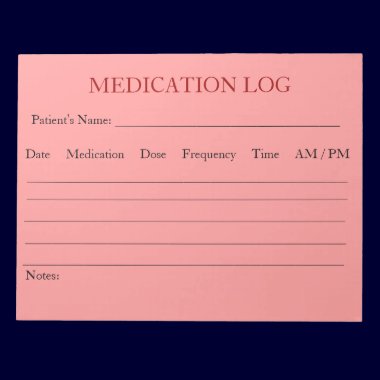
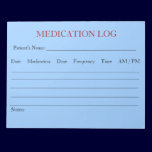

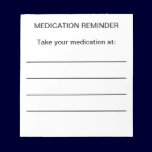
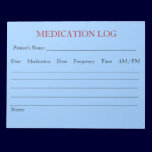








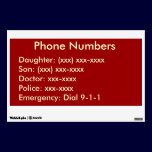
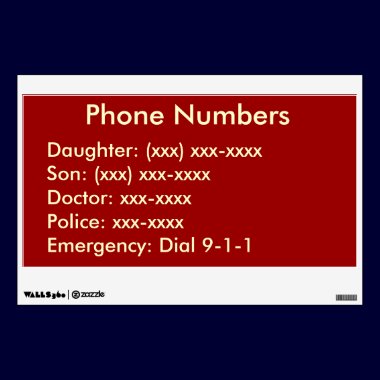




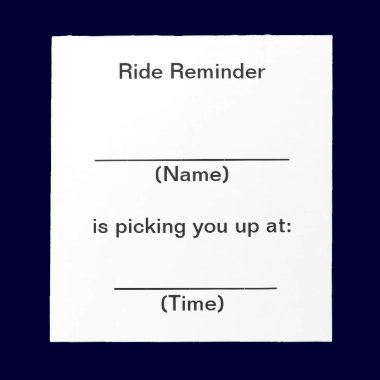












No comments:
Post a Comment